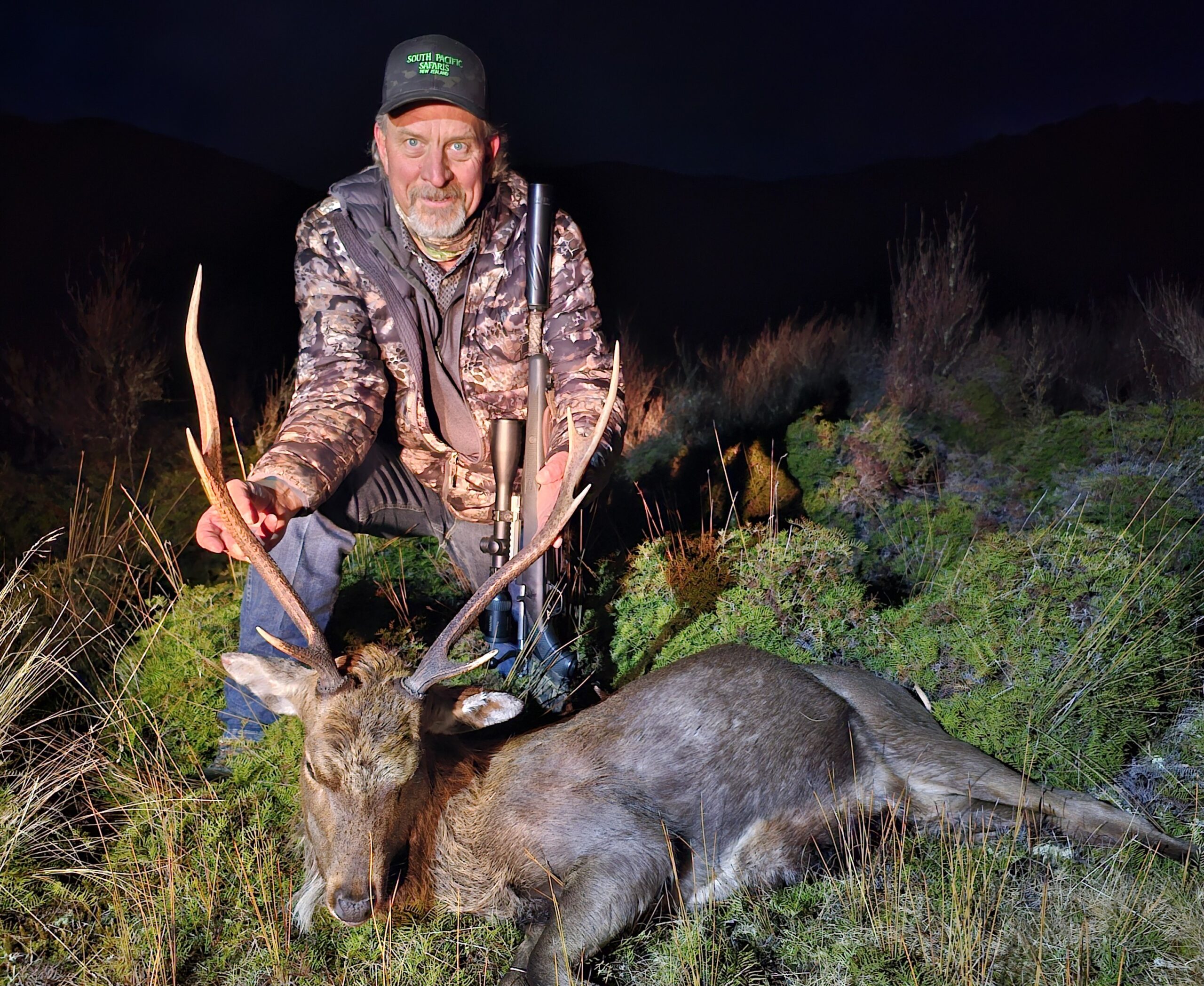article in The Independent from 2016, quotes Prince William supporting commercial hunting as a valuable tool for wildlife conservation.
 “There is a place for commercial hunting in Africa as there is around the world. It’s not everyone’s cup of tea, but the arguments for regulated, properly controlled commercial hunting is that the money that goes from shooting a very old infirm animal goes back into the protection of the other species,” said Prince William who also noted that “other ‘eminent conservationists’ agreed with this viewpoint but added that attention needed to be paid to the regulation of the hunting industry.”
“There is a place for commercial hunting in Africa as there is around the world. It’s not everyone’s cup of tea, but the arguments for regulated, properly controlled commercial hunting is that the money that goes from shooting a very old infirm animal goes back into the protection of the other species,” said Prince William who also noted that “other ‘eminent conservationists’ agreed with this viewpoint but added that attention needed to be paid to the regulation of the hunting industry.”
The Duke of Cambridge is the President of United for Wildlife and a benefactor of the Tusk Trust, a British non-profit organization established to aid in the protection of African wildlife.
Prince William expressed his concern over the poaching of endangered animals and the smuggling of animal parts for profit, saying urgent action is required to end these practices.
The Prince’s comments were met with a mixed review. The Director of Lion Aid, a UK-based charity, said they were “very sad to hear Prince William state that ‘there is a place for commercial hunting in Africa as there is around the world.’” Other opponents took to Twitter to express their personal views based on emotion rather than scientific data, proving the Prince’s comments to be right on target.
A follow-up article in The Independent appeared two days after the original article with the headline, “Prince William is talking sense – trophy hunting is crucial to conservation.”
The article congratulates Prince William for talking sense, and comments that, “As hard as it is to comprehend that killing animals can be integral to their survival, the fact remains: without trophy hunting, many of Africa’s iconic species would be worse off.”
 Using the increased populations of the black and southern white rhino, hunting is accepted as playing a significant role in the species’ recovery. The reasons for this are several. Financial incentives to the local populations to regulate ethical hunting and stop poaching is one reason. Dedicated funds to species for recovery is another.
Using the increased populations of the black and southern white rhino, hunting is accepted as playing a significant role in the species’ recovery. The reasons for this are several. Financial incentives to the local populations to regulate ethical hunting and stop poaching is one reason. Dedicated funds to species for recovery is another.
The article identifies a private reserve as an example. “The reserve has a policy that all proceeds from rhino hunting must be spent on rhino conservation. For example, the killing of two old white rhino in 2012 paid for 49 percent of a $377,000 high tech security fence upgrade along a vulnerable border. Now, when there is a breach, anti-poaching units are alerted and rapidly deployed greatly enhancing the security of rhinos in the reserve,” the article reported.
The article ends with the observation, “A few individuals legally hunted each year is a small price to pay for the transformative benefits that trophy hunting brings. The public may recoil at pictures of rich white men beaming beside the corpses of felled rhinos and lions. These reactions are understandable. But the welfare of entire communities and ecosystems surely trumps any queasiness grounded in sentimentality.”



